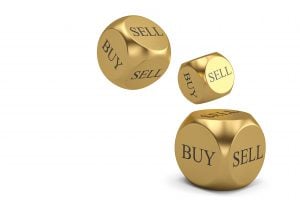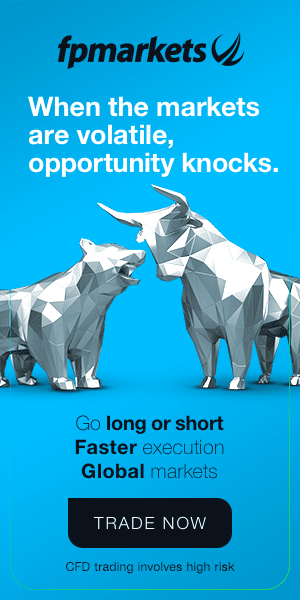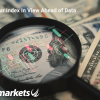Reading Time: 8 Minutes
It must be said and must be fully accepted that all investing and trading carries risk. Granted, some instruments are riskier than others, however. We can, as informed traders and investors, nonetheless, mitigate risk as much as possible.
Serving as the largest financial market in the world, the Forex market (foreign exchange) represents a global network of brokers, banks, institutional investors, and retail traders who buy, sell, borrow or lend different currencies.
Speculation in Forex trading is the process of betting on the direction of currency prices to generate a return (profit). Currencies are traded in pairs (referred to as currency pairs), made up of major currency pairs, such as the EUR/USD, USD/JPY, GBP/USD, and USD/CHF, along with minor currency pairs like EUR/GBP and EUR/JPY, in addition to exotic currency pairs: EUR/HUF (euro/Hungarian Forint), USD/SEK (US Dollar/Swedish Krona), for example.
Therefore, when trading Forex, a trader exchanges one currency for another; they are betting on whether the value of one currency will increase or decrease in relation to the other currency.
The individual Forex trader is responsible for his or her own Forex education; we all learn in our own unique ways: through books, videos, webinars, and through the use of a simulated practice account: a demo account.
Several standards are commonly acknowledged when it comes to mastering the fundamentals of currency trading (Forex) and mitigating risk:
- A sound trading plan should be written down, whether you are trading the stock markets, commodity futures, cryptocurrencies, or the FX market, and all investors are encouraged to follow their trading plan. Back-test your trading strategy until you find one that works and provides an edge. This is crucial and can help mitigate future mistakes and ultimately help lessen risk. After this, test your back-tested strategy on a demo account until you are comfortable with your plan. Only then should you consider real-time live trading. FP Markets has an enviable education section, with a lot to offer on risk management and Investing in foreign currency trading.
- Compile a trading journal listing all your trades, times, dates, market conditions, instruments traded, entry and exit points, prices, and winning or losing trades. This helps highlight strengths and weaknesses.
- A good understanding of the Forex market’s elements is necessary, such as pips, exchange rates, interest rates, and volatility—essentially, a basic knowledge of what influences price movements is recommended. To help, there are in-depth tutorials and educational videos available on the FP Markets website.
Choose a reliable Forex broker and platform; for beginners, the MT4 trading platform is a good choice for Forex, available with FP Markets. FP markets provide traders with the MT4/ MT5 platforms, adequate platforms for beginners and experts alike. Head over to FP Markets and open a demo trading account.

Low-Risk Investments
Although this article is about Forex, the example below shows that even the safest investment (low-risk investments) has risk exposure.
Government Bonds.
The U.S. government has never defaulted, but as we have seen in the past, a country can indeed default on its debts. Venezuela, a nation in Latin America, defaulted on payments of $60 billion in debts in 2017 and 2018. In 2015, Greece defaulted on payments totalling $1.7 billion and 456 million euros.
Every investment carries some form of risk. However, there is a very low possibility of the U.S. government defaulting.
Summary: Ways to Reduce FX Trading Risk:
- Use a well-regulated brokerage company.
This is a very important step as your chosen broker will be the foundation of your trading.
- Test your strategy with a demo account.
This will be obvious to experienced traders, but for beginners, it needs to be emphasized.
- Keep leverage low.
Leverage may seem tempting to inexperienced traders, but leverage can be a double-edged sword.
- Trade the Majors.
Obviously, you don’t have to start trading with the majors, but they are considered stable and less volatile than minors and exotics.
- Always use a protective stop-loss order.
This is a very important step in your risk management.
- Avoid the Forex ads.
Forex ads on social media make outrageous claims that it will be easy to become rich. Try to avoid these companies.
- Never invest funds you cannot afford to lose.
This is obvious, but traders must ensure that they have fulfilled their financial obligations: rent, mortgage, utility bills, and any loans before trading or investing in the foreign exchange market.

Although it is said that Forex trading can include a significant degree of high risk, the bulk of losses is brought on by market participants who have not educated themselves: uninformed traders. They likely operate without a trading plan and assume that trading foreign currency markets is simple.
Learning how to trade profitably in the foreign exchange market can take years. Embrace the challenge and start learning how to trade today.








 Access +10,000 financial
instruments
Access +10,000 financial
instruments

